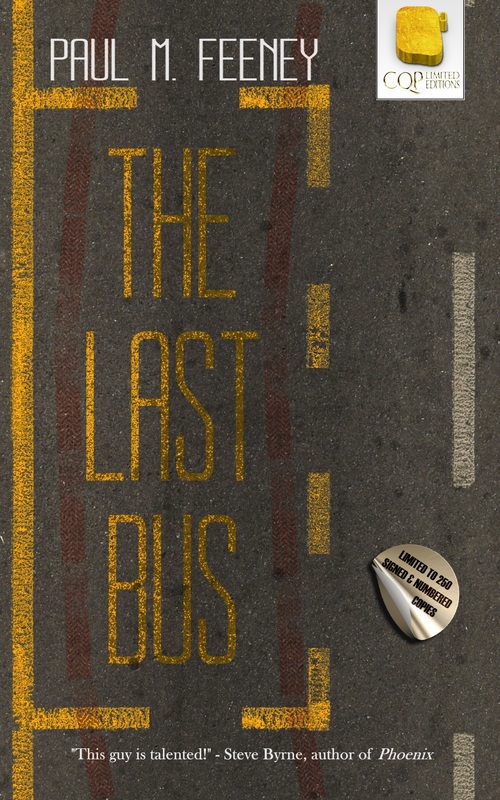
Inish Carraig
Jo Zebedee
This is a highly enjoyable read, though I will admit it was not what I had expected. Not that I can actually say what my expectations were. Being an 80’s child, the phrase “post-alien invasion” conjures up images of Red Dawn and heartless, murdering Cubans and Soviets. Back in the 80’s, much like in the 50’s, aliens were really thinly veiled metaphors for Godless Communists hell-bent on world domination. Well, there is no Patrick Swayze or Powers Boothe in Zebedee’s Inish Carraig. There are aliens, actual aliens, who have conquered Earth and the story does take place post-invasion. No Captain Hillers can save us. No viruses. No Gene Barrys. Nope. Humans have lost. But there is a virus; however, it is created by one alien species to exterminate the aliens. So again, humans are mere bystanders in the galactic opera playing out on Earth.
Not all aliens have the same ideas about what to do with the little weak humans and here is where the story diverges from whatever it was my mind had preconceived. Here we have xenocide, conspiracies, a prison, a pair of alien races who despise each other, a Galactic Council, and two young boys caught in the middle of all of the above.
The story does involve one tenant of humanity: ingenuity. Humans may have lost but we haven’t given up. Zebedee uses this trait in an understated and very effective way. Though all might seem hopeless, there is always a way to prevail, even if it means sacrificing the here and now for the long term victory.
Zebedee does bring up a point which we egocentric humans really do not want to consider: Earth may be more akin to an isolated island in the South Pacific than to the Western Civ notion of “The Cradle of Civilization.” We might be sitting here waiting for Captain Cook to show up, with ships and guns, for more advanced than outriggers and spears. Though we do like think the continuous expansion and exploration, which began in the Mediterranean, will continue out into the stars. And it will be us who bring enlightenment to the backward and primitive inhabitants of distant worlds. At this point, either scenario is possible, though we would much prefer to view ourselves as the proactive ones. Yet, the other possibility is worth contemplating. For a moment or two, anyway, because we all know that even if technologically superior aliens do appear, we will find a way to defeat them. It is a given, though our own history tends to refute our own claim. Those South Pacific islanders never defeated a western or eastern “occupation” force, regardless of how ingenious they were.
As I said in the opening, this wasn’t what I was expecting, but what I got was a refreshing change from the standard formula.

Links
Amazon: http://www.amazon.com/Inish-Carraig-Jo-Zebedee-ebook/dp/B012782E0G/
Website: http://jozebwrites.blogspot.com/
Twitter: https://twitter.com/joz1812
Facebook: https://www.facebook.com/Inish-Carraig-Jo-Zebedee-735598239884931/?fref=ts

